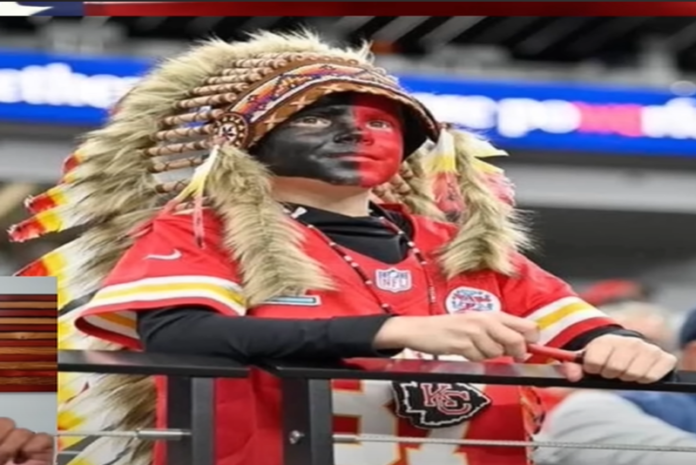A Kansas City Chiefs fan recently became embroiled in a legal battle after their family took action against the media outlet known as Deadspin. This family was infuriated with Deadspin for what they saw as blatant disrespect, having thrust the child’s image into a Deadspin article. Let us examine the suit, how it came about, and the larger context.
The Initial Incident: How it All Began
The young boy was already in the spotlight after sports cameras caught him during Chiefs games and Chiefs face paint was a visible struggle on his face. Thousands of tournament viewers, dressed in the team’s colors and imitating the paint, were out to support. But Deadspin published an article suggesting that the boy might make such representations for other reasons. As a result, the boy’s image was abused, and many fans including his family, rejected the article for its representation of the young supporter.
Kansas City Chiefs Fan Sues Deadspin
Now regarding the article, the young fan’s family members pursued the publishers of Deadspin claiming damages arising out of defamation and psychological trauma. In a lawsuit named “Kansas City Chiefs fan sues Deadspin”, the aggrieved fan maintains that an article published by Deadspin invited needless attention from the public and abused the child’s character.
The family argues this article perceived an issue that in fact is harassment towards their child and has suffered inappropriate allegations which have led to distress and harassment to their young son to where he has been abused and bullied over the inappropriateness claims.”As interpreted in the context of the article and its language and tone, the plaintiff’s claim is inherent in the writer’s intention which the publisher invites the public to believe and therefore seek abuse towards the plaintiff.
Legal Grounds and Claims
The complaint contests that Deadspin has committed the offense of defamation by arguing that the article was penned in a manner that could cause an error in judgment of the actions of the fan. For defamation claims, especially by public figures or about controversial matters, the hurdles are typically very high for them to go past. The plaintiffs will be required to provide evidence that The publication was actually false and was made Harris was acting with a nodding level and disregard to the truth – a high bar, especially where it concerns the media.
But as is the norm with sensitive areas such as children, the courts tend to be more conservative, and the society’s pressure may also tend towards shielding children from avoidable injury. If the case is successful, this case context would set a trend for cases of defamation concerning younger children and their exposure to social media.
Broader Implications for Media Coverage and Fan Expression
This case also brings into relief festering debates about the role of the media, and how particularly in reporting contentious matters such as race and culture the coverage may be flawed. Some commentators even suggest that Deadspin’s article may be just another example of that everybody’s-knows-everything-speeds-up-without-diving-into-the-bones-facts-conceptions type of constructions as if living within the frameworks of online journalism.
This case is being closely monitored by fans of the Kansas City Chiefs and sports fans in general, as it has the potential to influence how the media covers issues as delicate as an expression in the future. It also raises issues surrounding journalistic ethics, and how it is possible for media coverage to adversely affect persons, especially children, such individuals being the target of such coverage.
In this sense, the “Kansas City Chiefs fan sues Deadspin” case may bring out such issues which highlight some of the challenges that individuals may go through when seeking justice and accountability from the powerful media houses. It is not clear whether Deadspin will be found liable, or the court will give precedence to freedom of the press, but this case ought to be an interesting one considering the legal issues involved.








